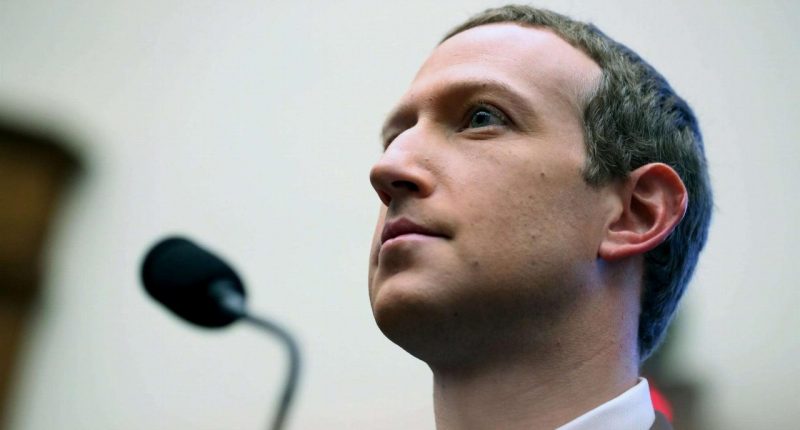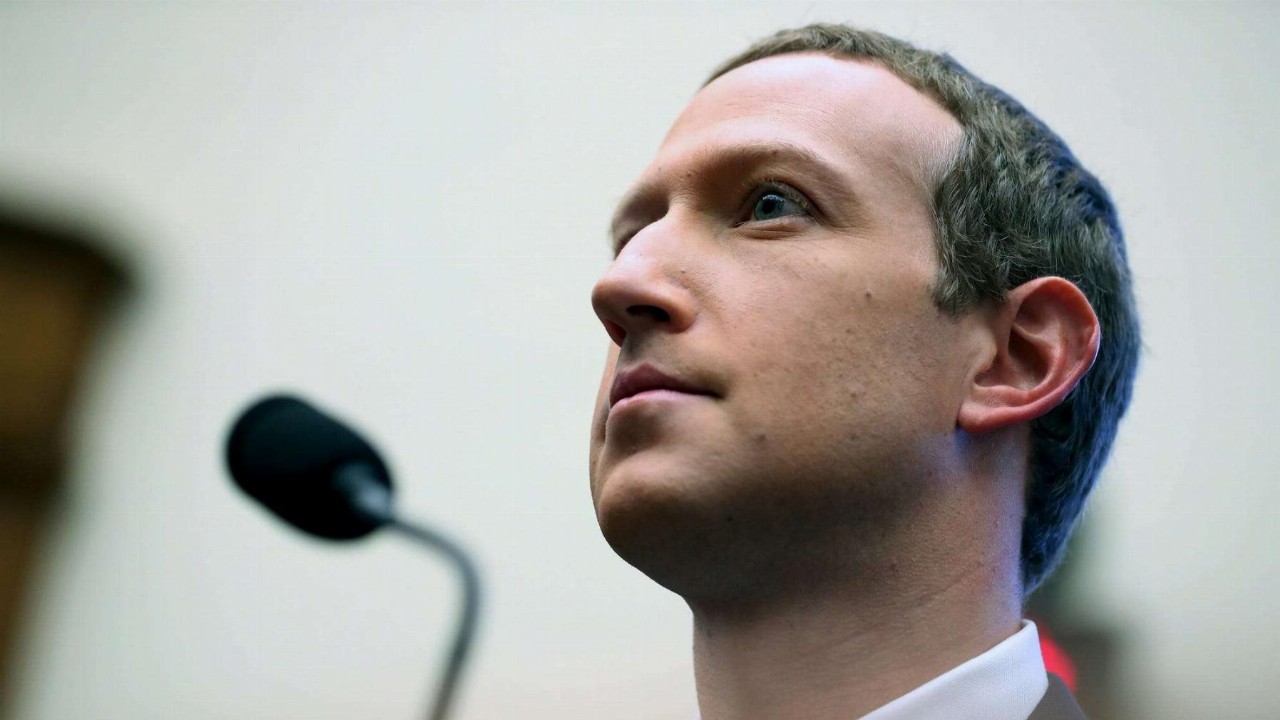- Global tech giants have been slammed by U.S. lawmakers for their role in the January 6 Capitol riot and a string of other societal problems in the States
- In a five-hour online House hearing this week, Republicans and Democrats shared a rare moment of bipartisanship over the need to regulate social media
- Democrat lawmakers seemed primarily concerned with big tech’s role in letting misinformation spread, like the unverified claims of election fraud that led to Donald Trump supporters storming the U.S. Capitol in January
- Meanwhile, Republicans were more concerned with the impact social media has on children and Facebook’s plans to launch an Instagram app for kids
- Nevertheless, the conclusion that there needs to be stronger regulation for big tech companies was shared by both parties
- The CEOs of the big tech companies defended their platforms, with Mark Zuckerberg claiming Facebook is simply a reflection of societal problems, not a cause of them
- Twitter boss Jack Dorsey admitted that his platform could bear some responsibility for the January 6 Capitol riot, though the “broader ecosystem” needs to be taken into account
- Still, the lawmakers’ message was summarised by Democrat representative for Minnesota Angie Craig: “Your industry cannot be trusted to regulate itself”
Global tech giants have been slammed by U.S. lawmakers for their role in the January 6 Capitol riot and a string of other societal problems in the States.
In a five-hour online House hearing this week, Republic and Democrat lawmakers questioned the heads of Google, Facebook, and Twitter on whether their platforms bear responsibility for some of the issues being faced by Americans.
While Republicans and Democrats seemed to have slight differences in the issues they thought were most important to address, the conclusion that there is a need for stronger regulation of big tech was bipartisan.
“This panel has done something truly rare in Washington these days — it’s united Democrats and Republicans,” Democrat representative for Minnesota Angie Craig said, according to a report from the Wall Street Journal.
“Your industry cannot be trusted to regulate itself.”
The two major issues put forward to the big tech bosses were the spread of misinformation on the platforms and the effect social media has on children.
Who is to blame for the storming of the Capitol?
One of the questions put to the tech CEOs was whether or not their platform bore some responsibility for when supporters of former president Donald Trump stormed the U.S. Capitol in January.
Social media platforms have been blamed for amplifying calls to violence and allowing misinformation to spread, which is said to have ultimately led to the riot.
Lawmakers asked the tech bosses for a simple “yes or no” response.
Facebook CEO Mark Zuckerberg said the rioters who decided to “break the law and do the insurrection” were to blame, as were those who made ongoing claims of voter fraud in the 2020 election — including the former president.
Google’s CEO, Sundar Pichai, said his company feels a sense of responsibility but couldn’t give a direct “yes” or “no” because it was a complex question.
Only Twitter chief executive Jack Dorsey answered “yes” to the question, but with the caveat that the “broader ecosystem” needs to be taken into account.
And therein lay a major source of frustration for the lawmakers questioning the tech bosses — the inability of the CEOs to answer questions with a simple “yes” or a “no”.
“I think it’s irritating all of us,” Democrat Representative for California Anna Eshoo said. “No one seems to know the word ‘yes’ or the word ‘no’. Which one is it?”
Of course, the CEOs seemed equally frustrated at the demands to answer multi-faceted questions with such a simple response.
Jack Dorsey appears to have voiced this frustration with a mid-hearing tweet, simply reading “?” with a poll underneath for users to vote yes or no.
?
— jack (@jack) March 25, 2021
Over 90,000 people have responded to the poll. The Twitter CEO has not clarified the intent of the tweet or what he hoped to achieve by it, so at this point in time, the tweet’s meaning is entirely speculative.
Meanwhile, Mark Zuckerberg maintained the argument that Facebook is a reflection of the problems in broader society, not a cause of them.
“The reality is our country is deeply divided right now, and this is’t something that tech companies alone can fix,” he said.
Won’t somebody think of the children?
While the need to regulate misinformation across big social media platforms was a primary talking point for Democrat lawmakers, Republicans were more concerned with the effect social media is having on American youth.
“Big tech is essentially giving our kids a lit cigarette and hoping they stay addicted for life,” Republican representative for Ohio Bill Johnson said.
Exacerbating these concerns is Facebook’s plan to create a working version of its Instagram image-sharing app targeted specifically at children.
Google also operates a YouTube Kids product, which lawmakers are concerned encourages children to spend hours a week in front of screens. The lawmakers flagged research linking social media to depression among teenagers.
Nevertheless, Mark Zuckerberg defended the platforms, saying they will actually provide safer products with more parental controls for children, who already often lie about their age to use the standard versions of apps like Instagram and YouTube.
Further, he said the research around social media and mental health in teenagers is not yet “conclusive”.
Nevertheless, Democrat representative for New Jersey Frank Pallone suggested that social media regulation is imminent.
“It is now painfully clear that neither the market nor social pressure will force these companies to take the aggressive action they need to take to eliminate this information and extremism from their platforms,” he told the tech giants.
“Your business model itself has become the problem, and the time for self-regulation is over.”







